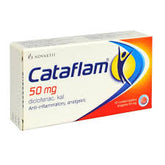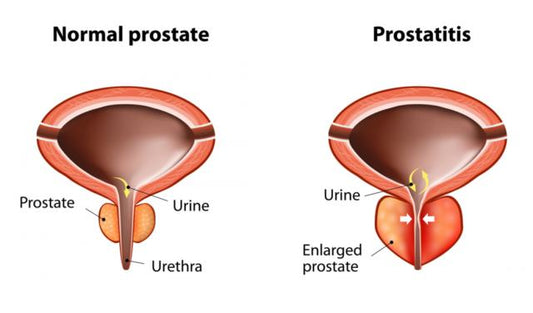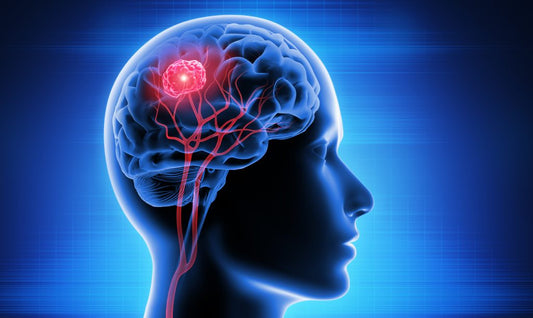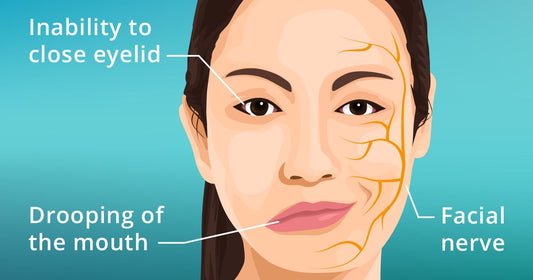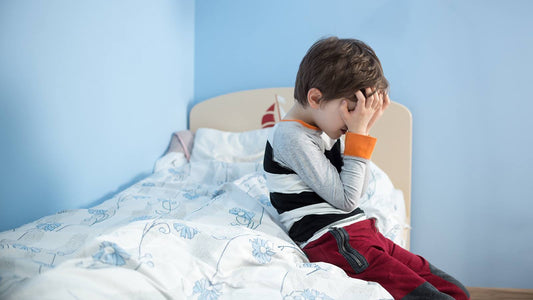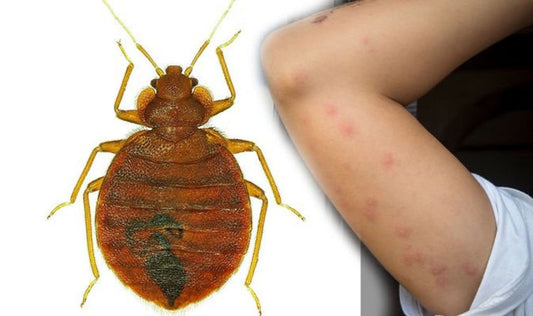featured Benign prostate enlargement
On by ZimSeller Pharmacy 0 comments
Benign brain tumour (non-cancerous)
On by ZimSeller Pharmacy 0 comments
Bell's palsy
On by ZimSeller Pharmacy 0 comments
Being sick
On by ZimSeller Pharmacy 0 comments
Behçet's disease
On by ZimSeller Pharmacy 0 comments
Bedwetting in children
On by ZimSeller Pharmacy 0 comments
Bedbugs
On by ZimSeller Pharmacy 0 comments










